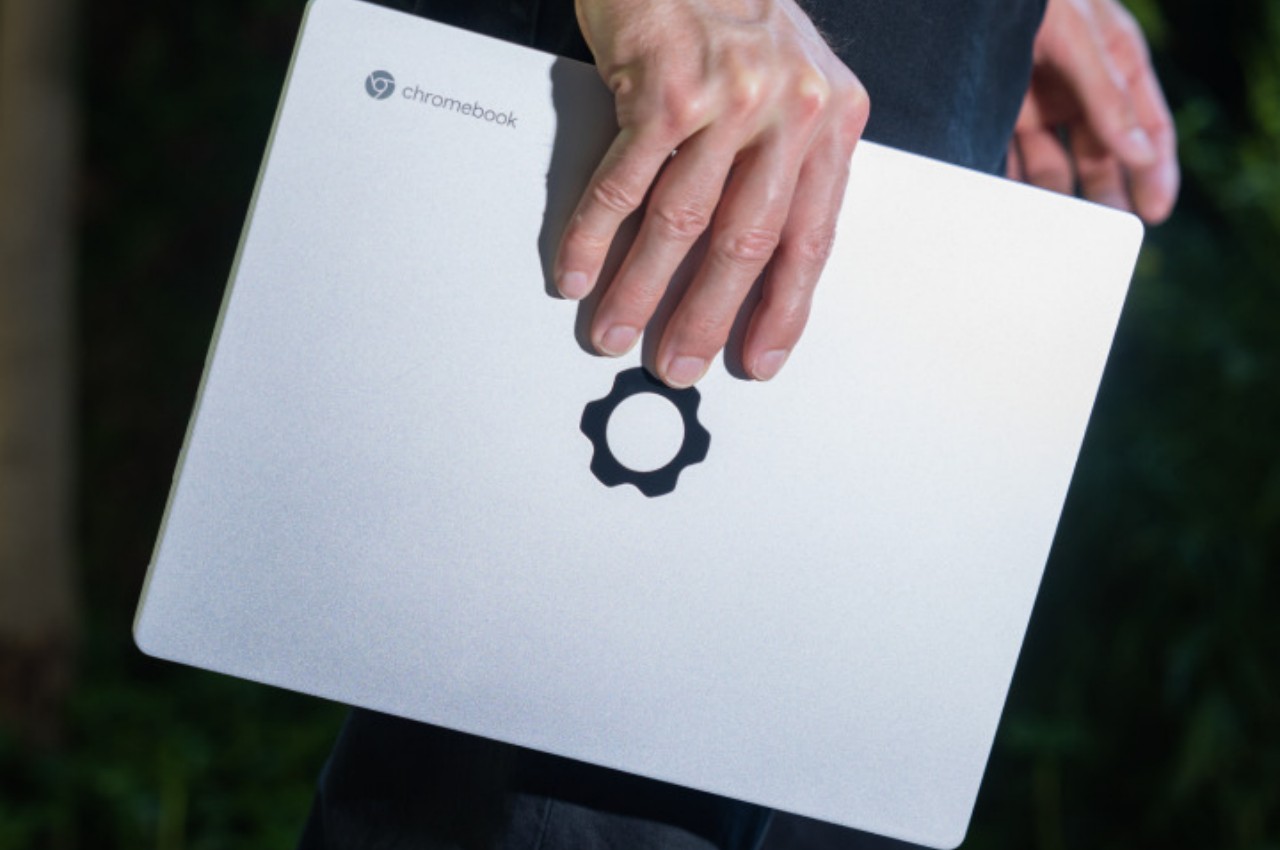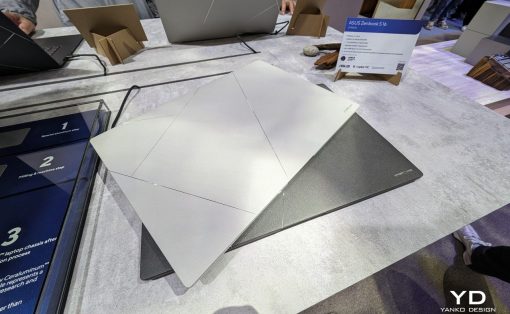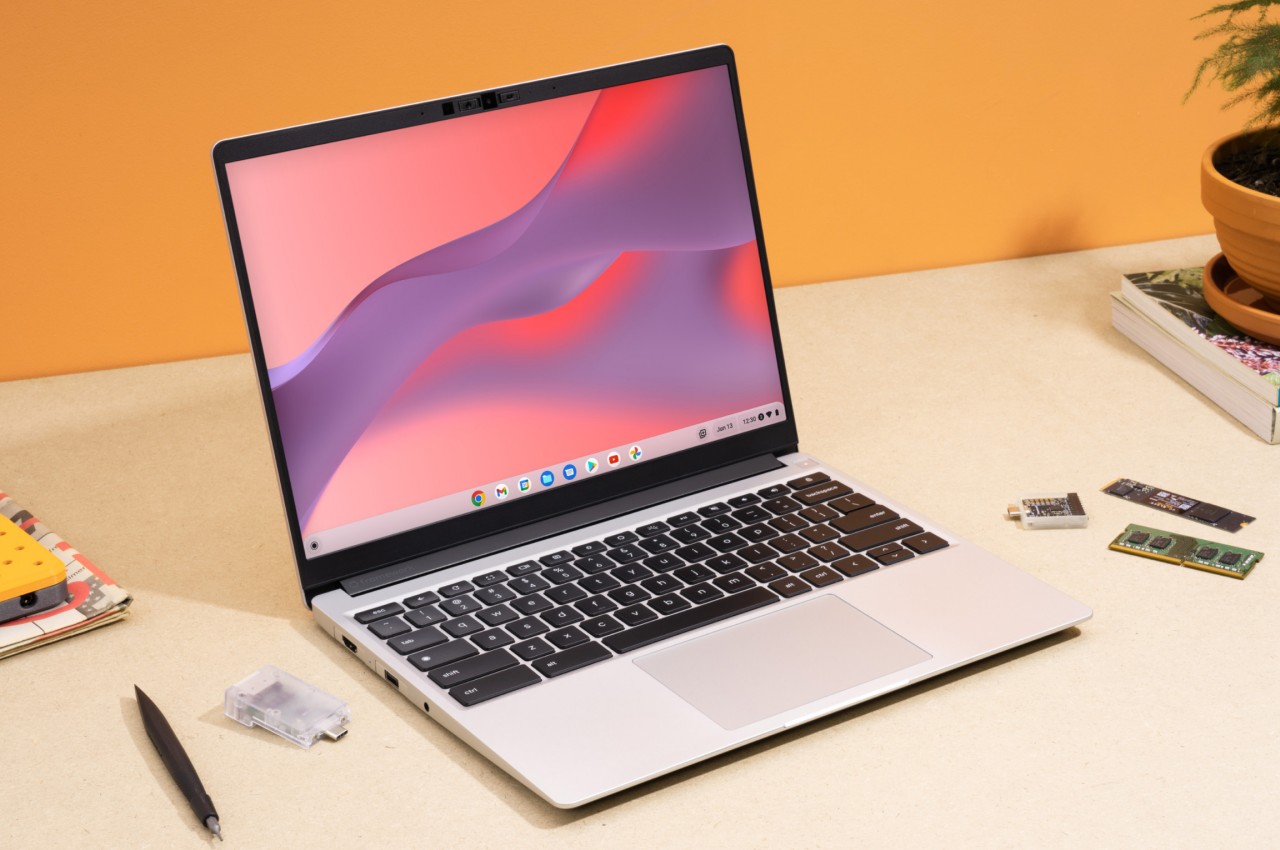
The advent of laptops solved one of the biggest problems in personal computing by allowing people to bring their computers around with them. At the same time, however, that portability came at a cost beyond just the literal monetary price. Compared to their larger and more stationary desktop cousins, laptops were practically walled gardens, beautiful and powerful yet also restricted and inflexible. Things have improved by now, of course, with many laptops offering upgradeable memory and storage, but that’s pretty much it. Everything else is soldered down or at least artificially locked down, making repairs difficult for anyone other than experts and authorized technicians. There are attempts to change this industry culture little by little through making modular and repairable laptops more mainstream, like this latest addition that brings those desirable qualities to Google’s Chrome OS for a price.
Designer: Framework
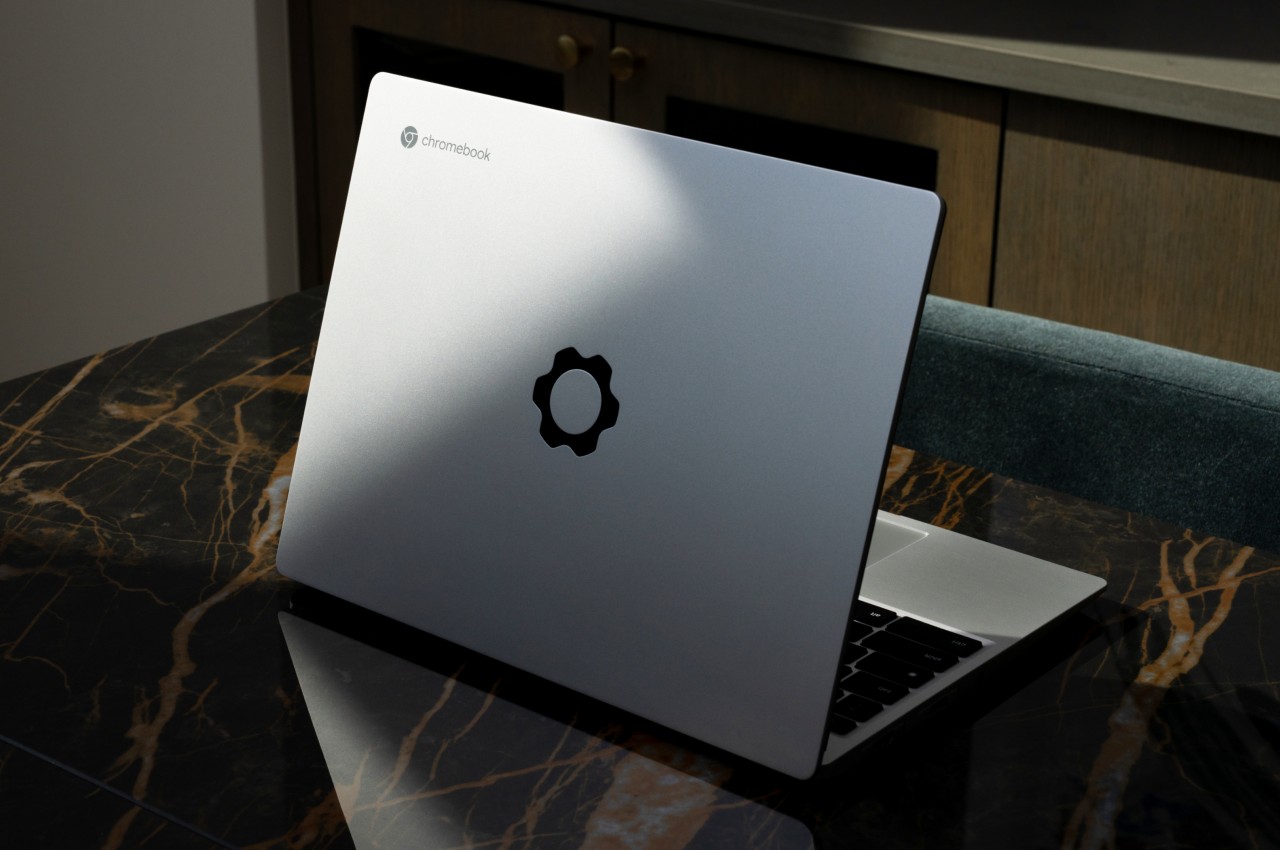
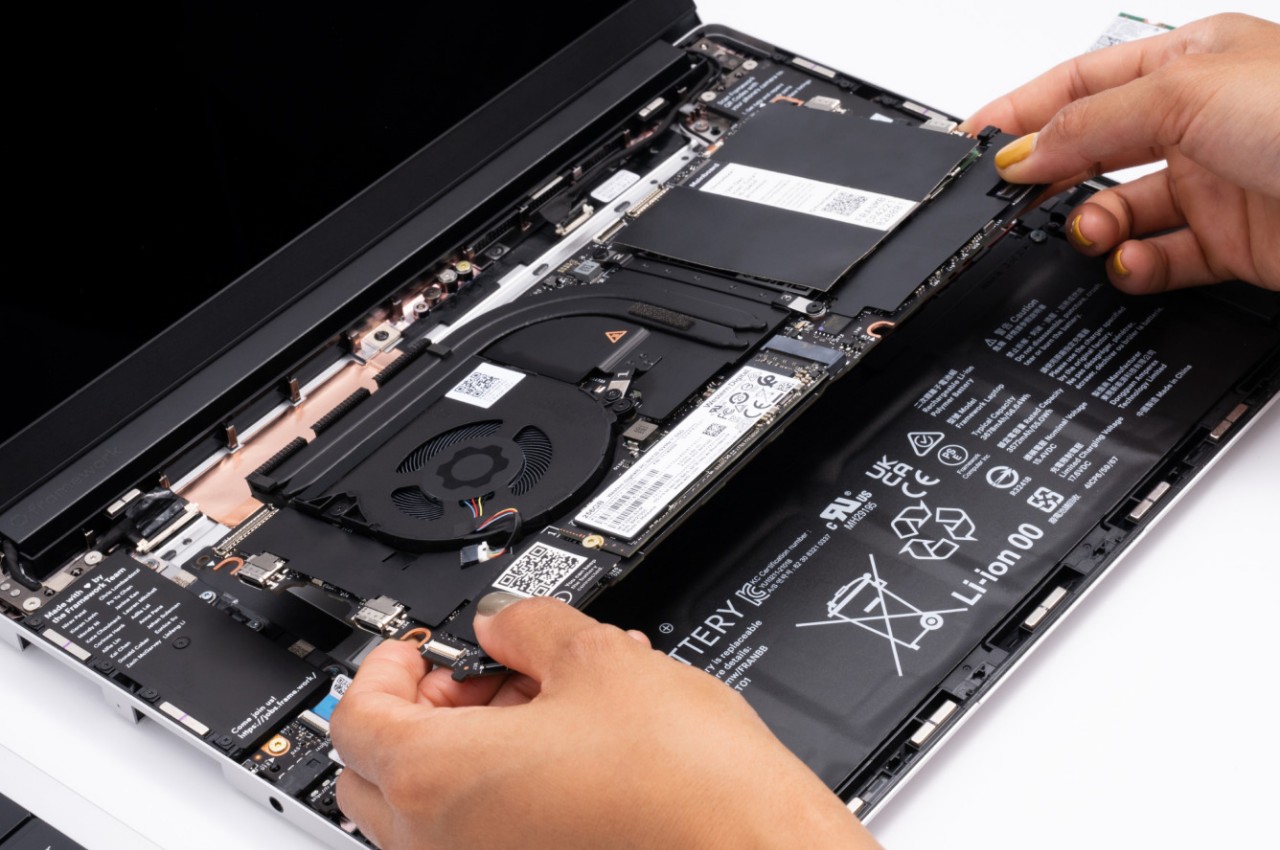
Framework is one of the extremely few companies selling laptops that were designed from the ground up to be sustainable and long-lasting in multiple aspects. In fact, it might be the only one of its that is trying to turn this vision into a profitable business. Many manufacturers have started incorporating some recycled materials into their products or are paying closer attention to how easy it will be to repair their newer laptops. For Framework, however, these are the heart and soul of its business.
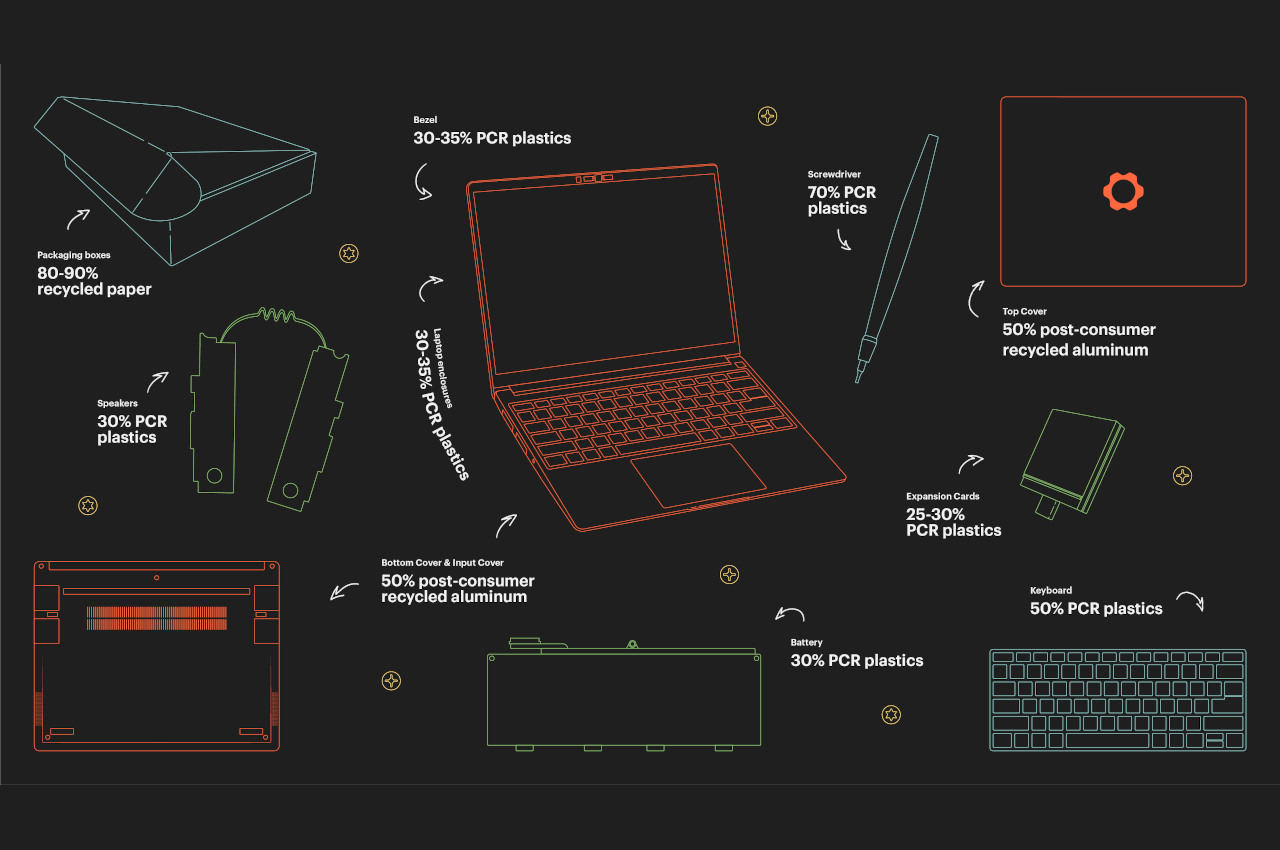
The Framework Laptop attacks the problem of sustainability from multiple fronts. At its most basic, it uses plenty of sustainable materials for its products, about 50% post-consumer recycled (PCR) aluminum and 30% PCR plastics. Going beyond the laptop itself, even the packaging and shipping are designed with sustainability in mind, using recycled paper and carbon-offset shipping methods to get the laptop from the factory to your desk.
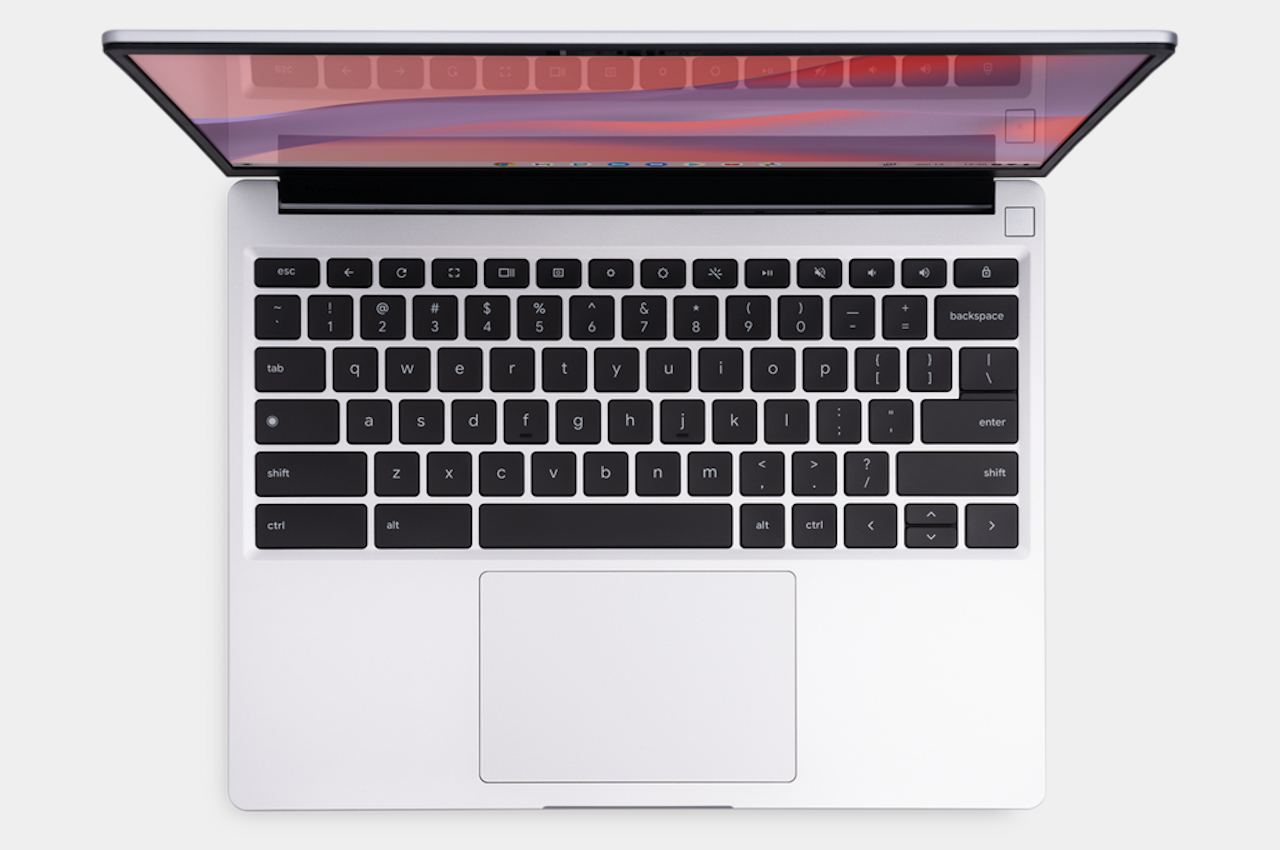
Framework is probably the only laptop manufacturer that is heavily betting on modularity to keep its laptops going. Calling to mind the PCIe laptop cards of old, each Framework Laptop offers the flexibility to swap out parts for more ports, more data storage, or more connectivity options. You can even choose different bezel colors to personalize your laptop, thanks to a simple yet powerful magnetic attachment system.
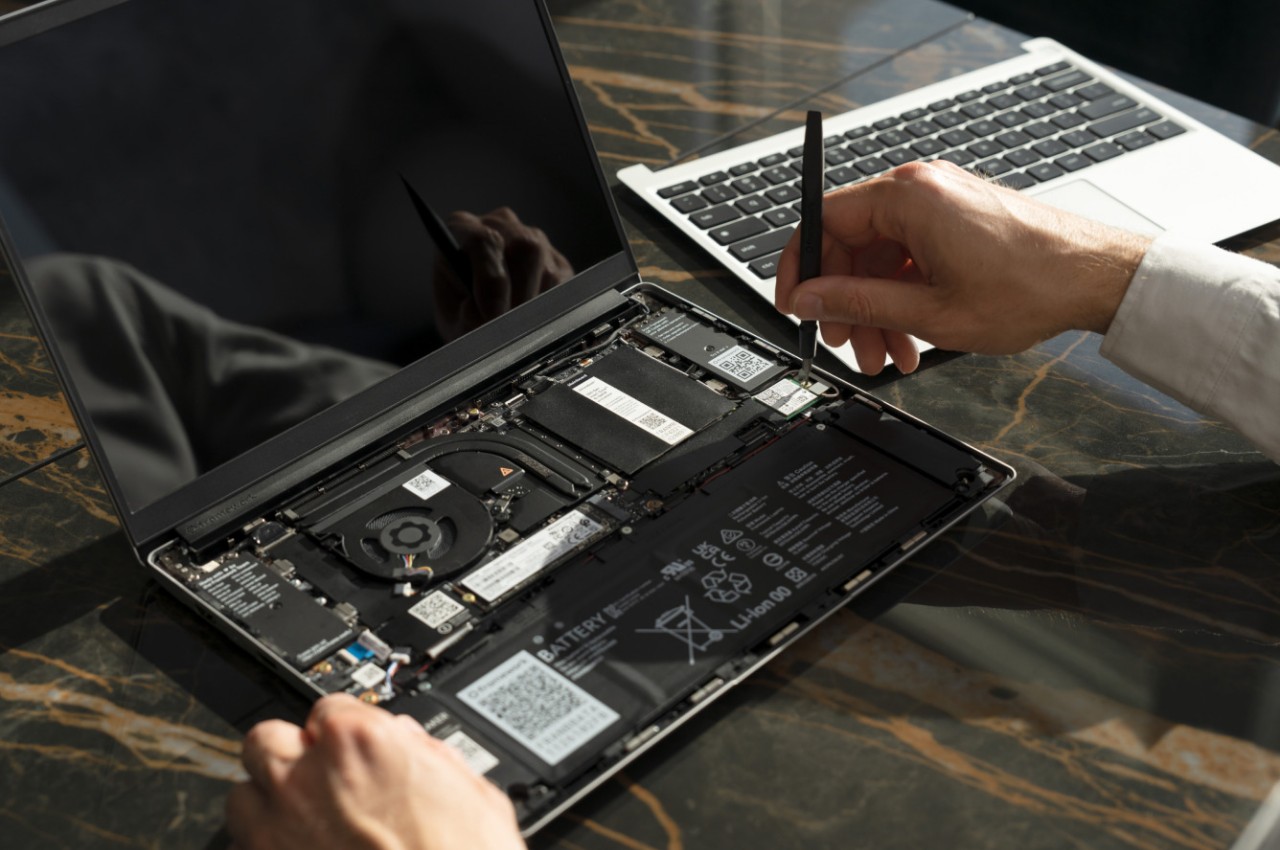
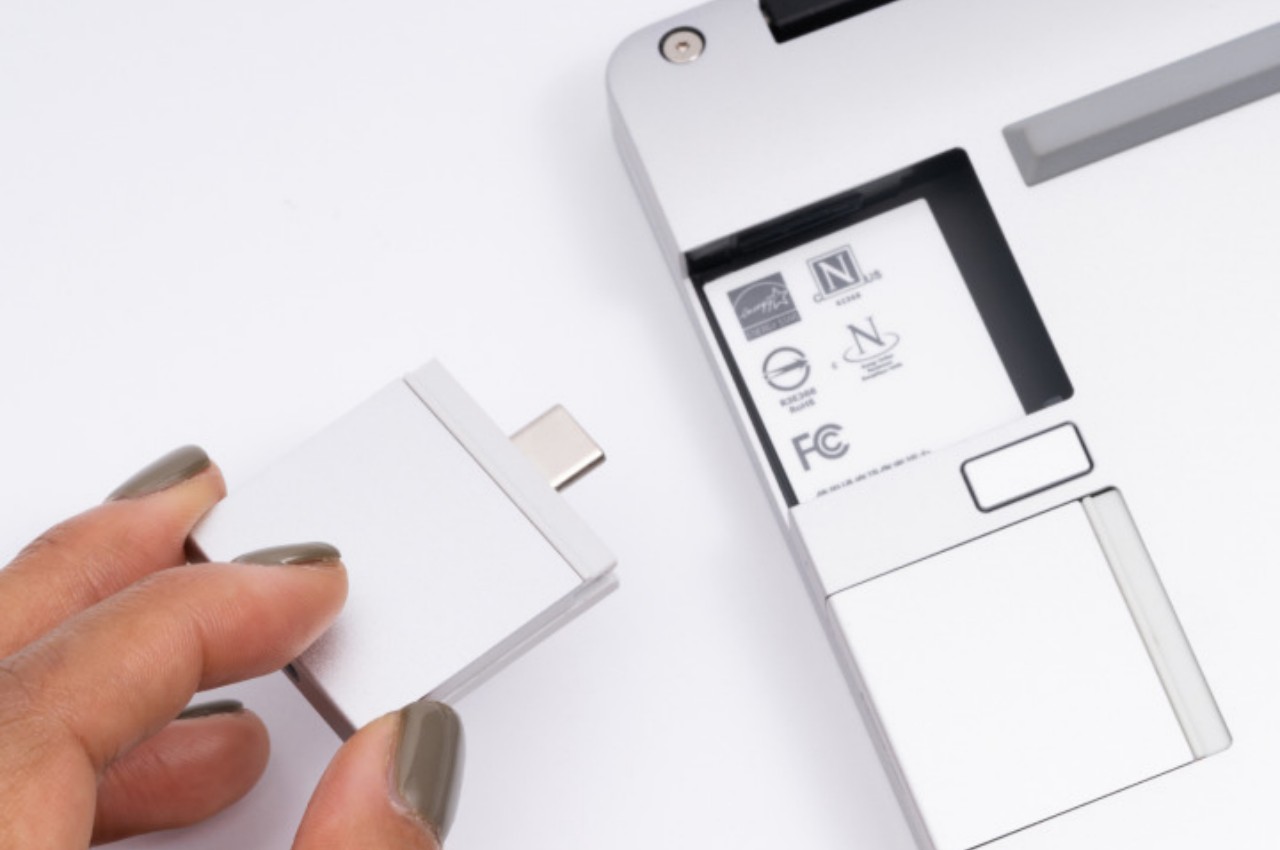
What’s new here is the option to buy a Framework Laptop running Google’s Chrome OS rather than Microsoft Windows, a.k.a. a Chromebook. Although some stigma still remains, Chromebooks have long outgrown their modest roots and can give Windows a run for its money in many cases. In fact, the Framework Chromebook will be capable of running SteamOS games via the Chrome OS Alpha channel, in addition to supporting Android and Linux apps.
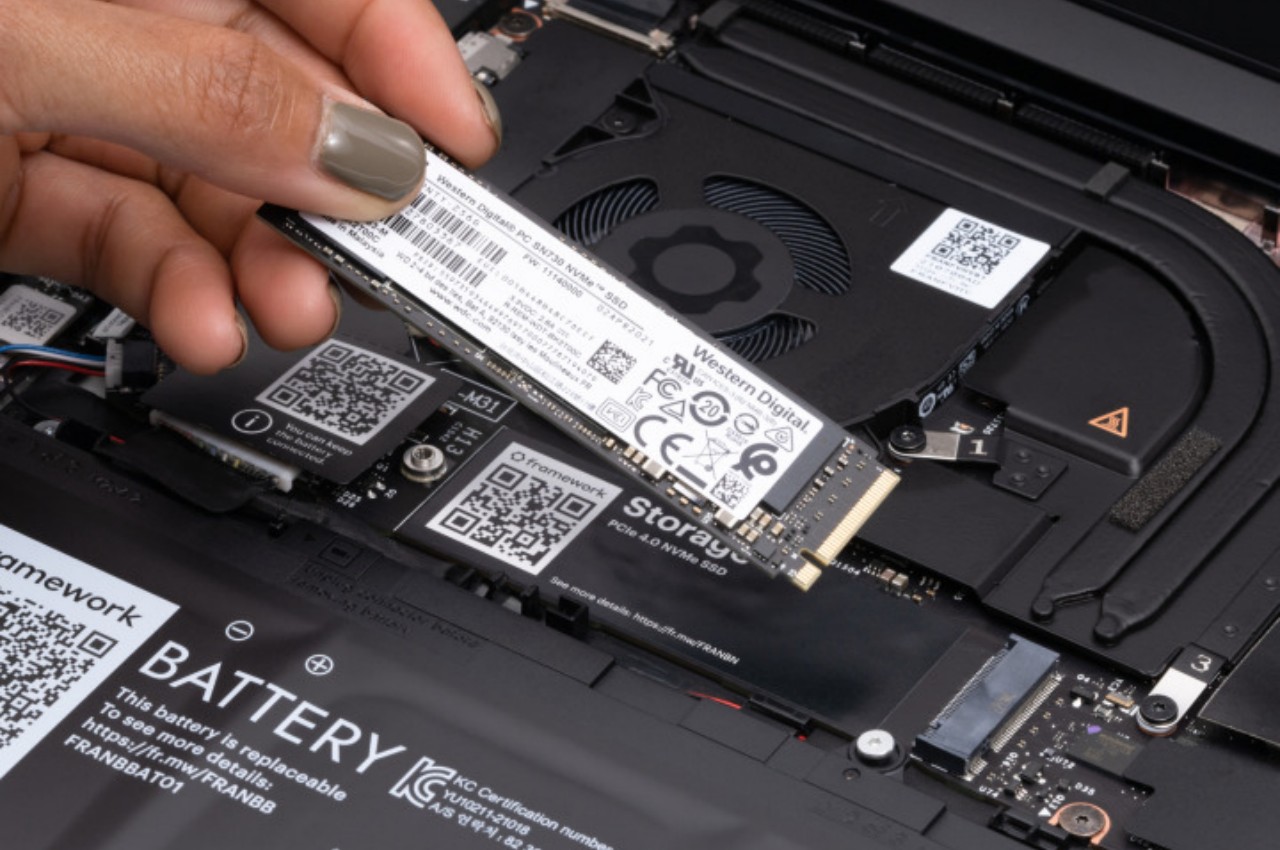
One potential showstopper is that the Framework Laptop Chromebook Edition starts at $999 for its most basic memory configuration. While it’s $50 cheaper than Framework’s equivalent Windows laptop, it’s still steeper than most of the high-end Chromebooks on the market. Granted, it does have powerful hardware inside, but savings from the Chrome OS operating system should be more than just the price difference. You are getting a highly modular and repairable laptop in the end, but the price tag could give people a wrong impression about the cost of sustainability.

